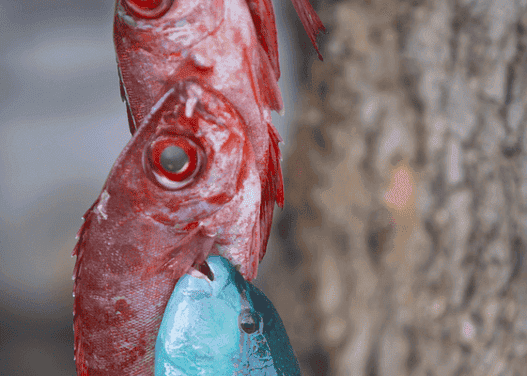The art of living in tune with the stars
Matari’i i raro is not just a word you hear during traditional ceremonies. It is an important moment in the Polynesian calendar, a true seasonal landmark. It marks the beginning of the dry season, when natural resources become scarcer. It is often associated with a period of famine, but in reality, it is much more than that: it is a time of pause, reflection, and respect for nature.
It all begins when the Pleiades disappear from the night sky, usually around the end of May. The elders knew that when Matari’i fades away, times change. Fruit becomes less abundant, the sea is more unpredictable, and nature itself rests. This period lasts about six months, from May to November, when Matari’i i ni’a reappears, heralding the return of abundance.


A season that slows down the pace
During this period, activities slowed down. Polynesians lived more cautiously. It was a time to consume in moderation, to save what the land and sea had provided during the previous season of abundance, the Matari’i i ni’a. Excesses were avoided, cycles were respected, and people lived in tune with what nature could still offer.
The elders also put in place rahui, temporary bans on fishing or gathering, to allow ecosystems to regenerate and rebuild.
More than a famine: a time for transmission
But Matari’i i raro is not just synonymous with scarcity. It was also a precious time to get together, learn, and share stories. Knowledge, legends, and techniques were passed down from generation to generation. It was an inward-looking season, focused on people, memory, and wisdom.
Today, this tradition continues to be celebrated in several Polynesian communities. It reminds us that nature does not give continuously, that it needs respite, just like us.
The Polynesian natural cycle teaches us that nature, too, needs to rest and regenerate. It is a moral lesson that also serves to remind humans that nature can never be taken for granted, that the time of abundance (Te Tau ‘Auhune) is precious but also as necessary as the time of scarcity (Te Tau O’e).
About the author
Maeva LAUTRET Driven by her love of words and a deep connection to the culture of Fenua, Maeva writes meaningful, gentle, and authentic stories for anoe-tahiti.com.
“I love words that feel right words that resonate. Telling beautiful stories means stirring emotions. And emotion is the bridge between beauty and truth.”
REDSOYU agency

